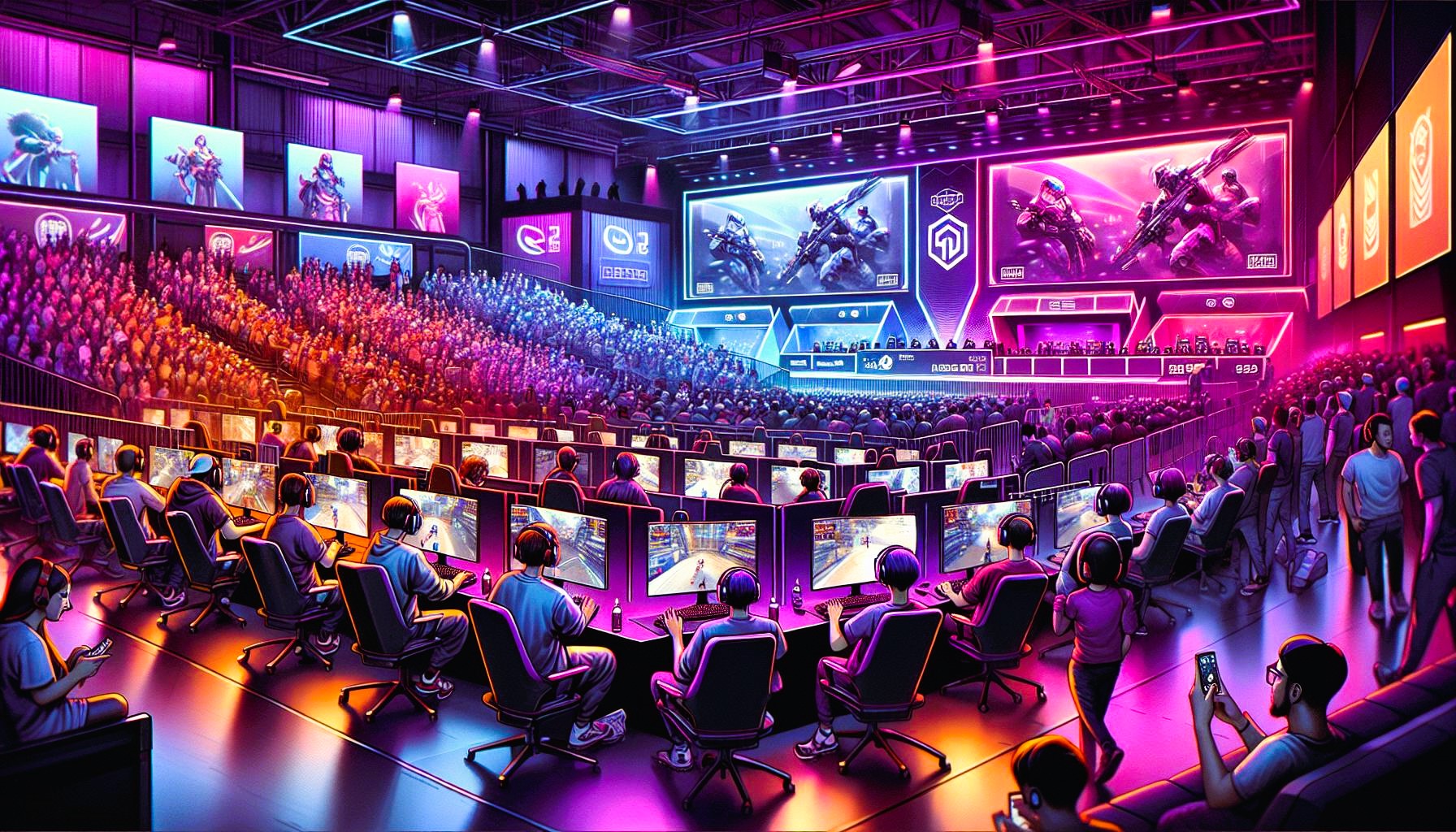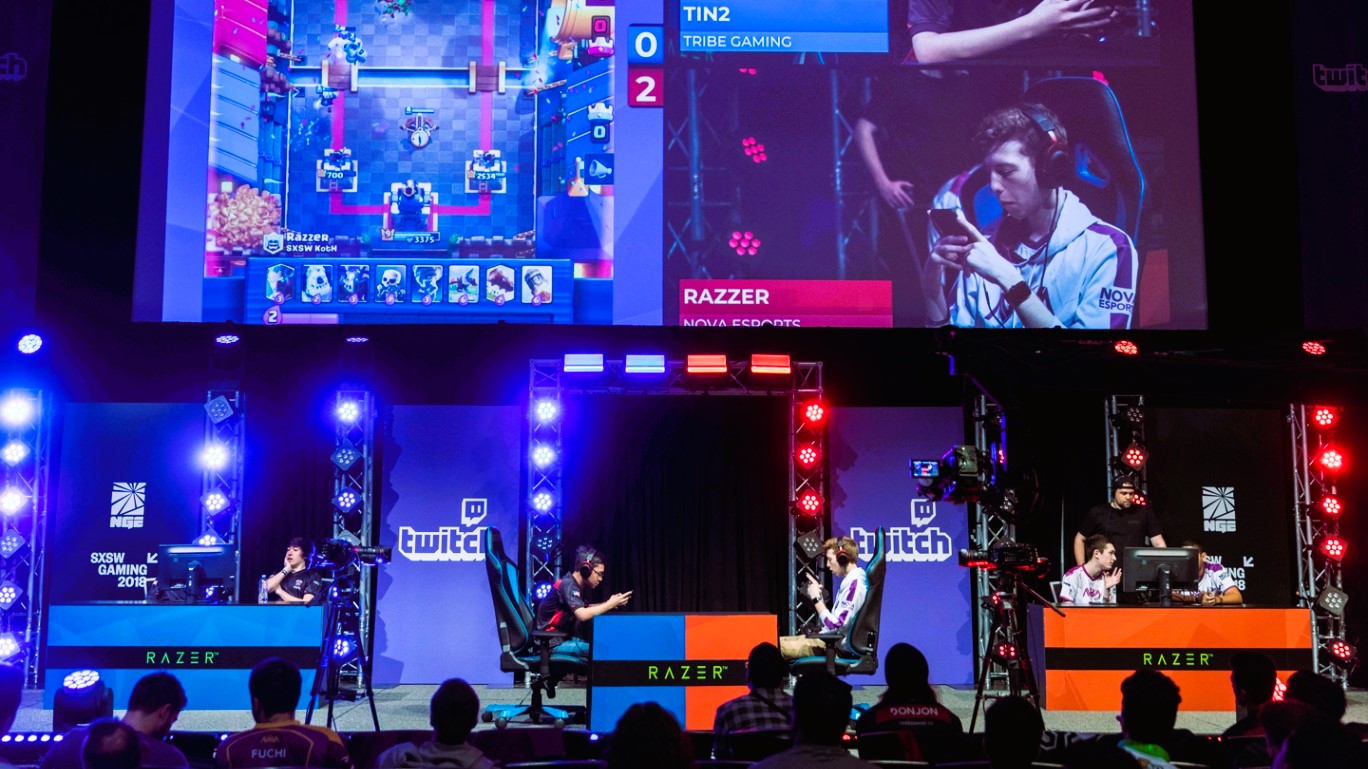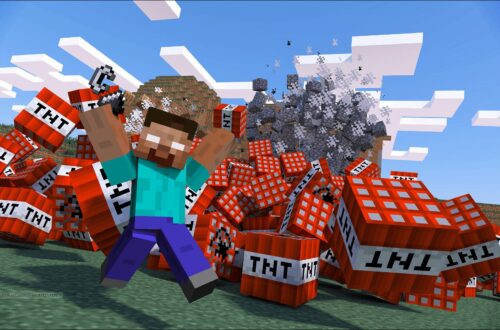The world of gaming has evolved dramatically over the years, transitioning from casual play to a highly competitive arena with millions of participants and spectators. Gaming tournaments and competitions are at the heart of this transformation, offering a platform for players to showcase their skills, win lucrative prizes, and gain global recognition. Let’s dive into the intricacies of gaming tournaments, their structure, and what makes them so captivating.
1. What Are Gaming Tournaments?
Gaming tournaments are organized competitions where players or teams compete against one another in video games. These events can range from small, local matches to large-scale global championships with multimillion-dollar prize pools.
The competitive gaming scene, often referred to as esports, covers various genres, including first-person shooters (FPS), real-time strategy (RTS), multiplayer online battle arenas (MOBA), and sports simulations.
For a comprehensive overview of esports, visit Wikipedia.
2. Types of Gaming Tournaments
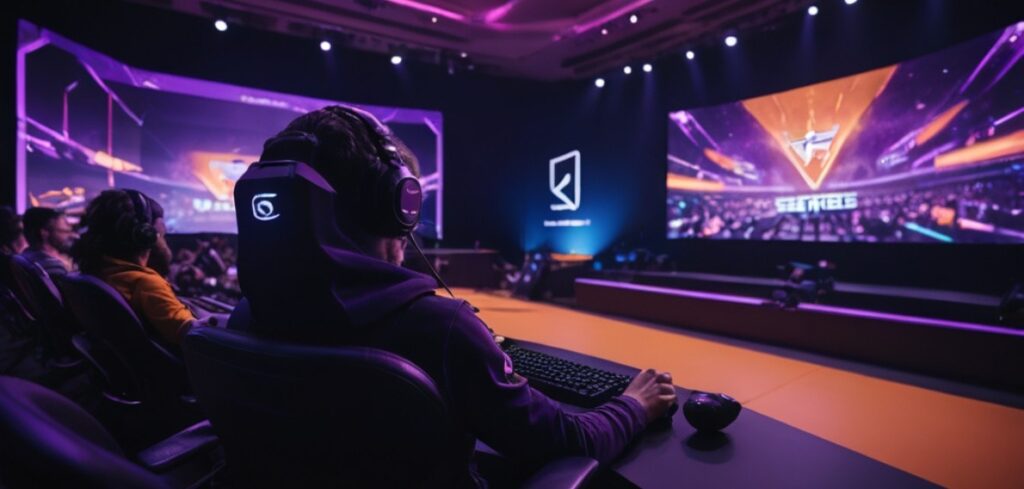
Gaming tournaments vary based on their scale, format, and audience. Here are some common types:
Local Tournaments
These are small-scale events often organized by local gaming communities or gaming cafes. They are ideal for amateur players looking to test their skills.
Regional and National Tournaments
These competitions attract semi-professional players and teams, offering higher stakes and recognition. Examples include state-level championships or country-specific esports leagues. Why retro games are coming back in 2024, read the answer here.
Global Championships
Global tournaments like The International (Dota 2) or the League of Legends World Championship draw the best players from around the world. These events feature massive prize pools, professional production, and millions of viewers.
Online Tournaments
Online tournaments have gained popularity due to their accessibility. Platforms like Battlefy and Challengermode host regular events, enabling players from all regions to compete without traveling.
3. How Are Gaming Tournaments Organized?
The structure of gaming tournaments varies depending on the game and organizer. Here’s a breakdown of common formats:
Single Elimination
Players or teams are eliminated after one loss. This format is straightforward but unforgiving, leaving no room for error.
Double Elimination
Teams have two chances before being eliminated, offering a fairer competition while maintaining a brisk pace.
Round Robin
Each participant plays against every other competitor, and rankings are determined by wins and losses. This format ensures everyone gets equal playtime.
Swiss System
Common in card games like Hearthstone or Magic: The Gathering, this format matches players with others of similar performance. It balances fairness and competitiveness.
4. Popular Games in Competitive Esports
Some games dominate the competitive gaming landscape due to their popularity and depth of strategy.
- MOBA: League of Legends and Dota 2
- FPS: Counter-Strike: Global Offensive and Valorant
- Battle Royale: Fortnite and Apex Legends
- Sports Simulation: FIFA and NBA 2K
- Fighting Games: Street Fighter and Super Smash Bros.
5. The Role of Sponsors and Prize Pools
Sponsorships and prize pools are integral to gaming tournaments. Sponsors provide funding for events, which can range from equipment and venue costs to prize money.
Prize pools vary significantly, with some tournaments offering life-changing amounts. For instance:
- The International 2021 for Dota 2 boasted a prize pool of over $40 million.
- The Fortnite World Cup 2019 awarded $3 million to its solo champion.
These staggering amounts attract top-tier talent and highlight the lucrative potential of competitive gaming.
6. Viewership and Spectatorship
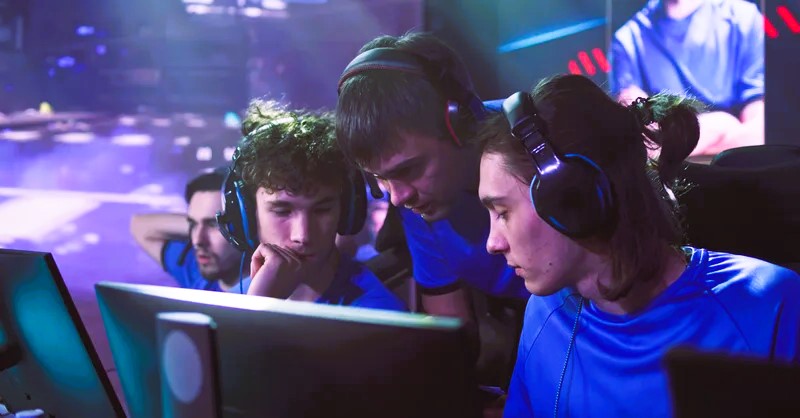
Gaming tournaments are not just for players—they are massive spectacles for fans. Millions of viewers tune in to watch their favorite teams and players compete live.
Streaming Platforms
Platforms like Twitch, YouTube Gaming, and Facebook Gaming dominate the esports streaming space. These platforms offer live commentary, replays, and interactive features for fans.
Live Events
Major tournaments often take place in iconic venues, like Madison Square Garden or the Mercedes-Benz Arena. These live events feature high-energy crowds, professional commentary, and elaborate stage setups.
7. Careers in Gaming Tournaments
Participating in gaming tournaments isn’t the only way to be involved. The esports industry offers various career opportunities:
- Professional Player: Competing in tournaments as part of an esports team.
- Caster/Commentator: Providing live commentary and analysis during matches.
- Coach/Analyst: Helping teams strategize and improve their performance.
- Event Organizer: Managing the logistics and production of gaming tournaments.
8. Challenges in Competitive Gaming
While gaming tournaments are exhilarating, they face challenges:
Player Burnout
Intense training schedules and travel demands can lead to mental and physical exhaustion among players.
Cheating and Match Fixing
Ensuring fair play is a constant challenge. Anti-cheat software and strict tournament regulations help mitigate these issues.
Accessibility
For newcomers, breaking into competitive gaming can be daunting due to high skill barriers and limited opportunities in certain regions.
9. The Future of Gaming Tournaments
The future of gaming tournaments looks bright, with advancements in technology and increased investment.
- Virtual Reality (VR): VR tournaments could provide more immersive spectator experiences.
- Blockchain Integration: Cryptocurrencies and NFTs may redefine prize pools and in-game rewards.
- Global Expansion: Esports is gaining traction in regions like Africa and South America, paving the way for a truly global competitive scene.
Gaming tournaments are more than just competitions; they are cultural phenomena that bring together players, fans, and creators. Whether you’re a seasoned competitor, a passionate fan, or an aspiring professional, gaming tournaments offer something for everyone.
As technology and creativity continue to drive the industry forward, the world of competitive gaming is set to become even more engaging, inclusive, and innovative. Get ready to embrace the future of gaming!

